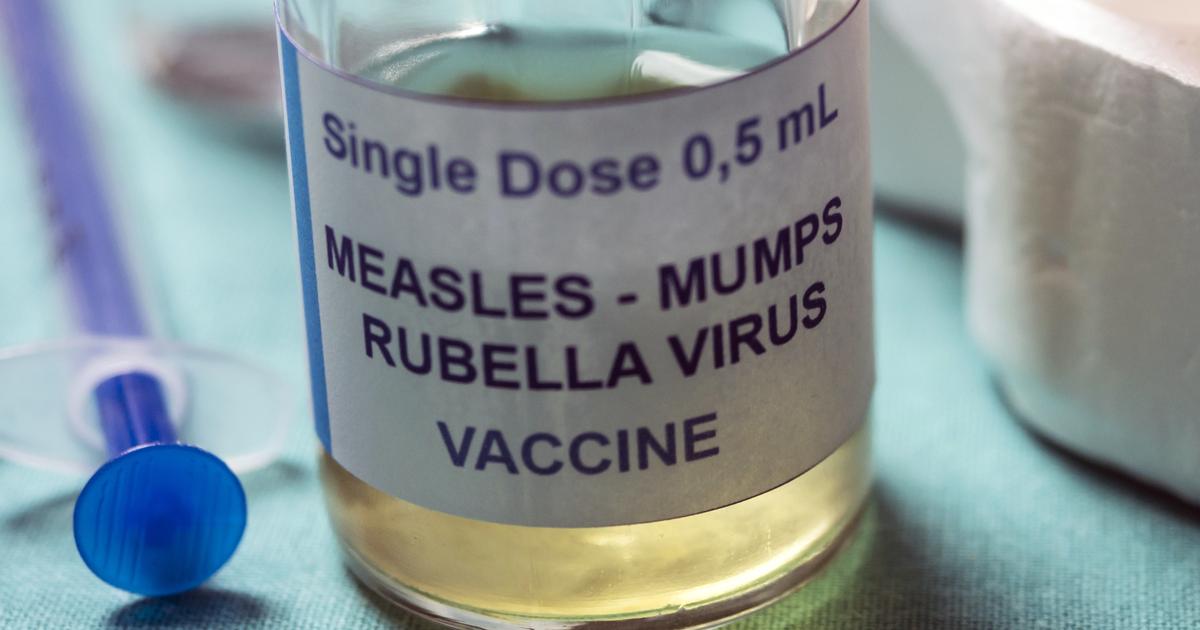Symptoms, Risk Factors, And Causes Of Congenital Heart Diseases
Rubella

An unborn child of an individual with rubella has a greater risk of having congenital heart disease. Rubella is an infection caused by a virus characterized by the red rash it produces on the skin. While rubella is closely associated with the measles, it is caused by a different virus. Rubella is contagious and able to be transmitted from one person to the next through coughing, sneezing, saliva, and mucus. While a rubella infection is a relatively mild infection that does not usually have any long-term effects on healthy individuals, it can be particularly dangerous for an unborn child. A pregnant woman with rubella is able to give it to her unborn child through her blood.
Out of all infants born to mothers who were affected by rubella within the first twelve weeks of pregnancy, over eighty percent develop congenital rubella syndrome. The greatest risk of congenital rubella syndrome occurs within the first trimester, but it is also serious later in pregnancy. Congenital heart defects are a common complication that occurs in an unborn child affected by congenital rubella syndrome.
Diabetes

An unborn child to a mother affected by diabetes is at a greater risk of having a congenital heart disease. An estimated five percent of infants born to mothers with diabetes are affected. The risk of heart defects is even greater when the mother develops insulin resistance in the third trimester as a result of gestational diabetes. The exact mechanism of how this happens is not clear, but it is known to have to do with the effects of maternal diabetes on metabolism.
However, studies also show the degree of control the mother has over her gestational diabetes is not an influencing factor. The most common forms of congenital heart diseases in such cases include transposition of great arteries, ventricular septal defect, and aortic stenosis. Oftentimes, there is a delay in the closure of the ductus arteriosus in infants with a congenital heart disease related to maternal diabetes. Fetal echocardiograms can help detect a congenital heart disease in unborn children of mothers affected by diabetes.
